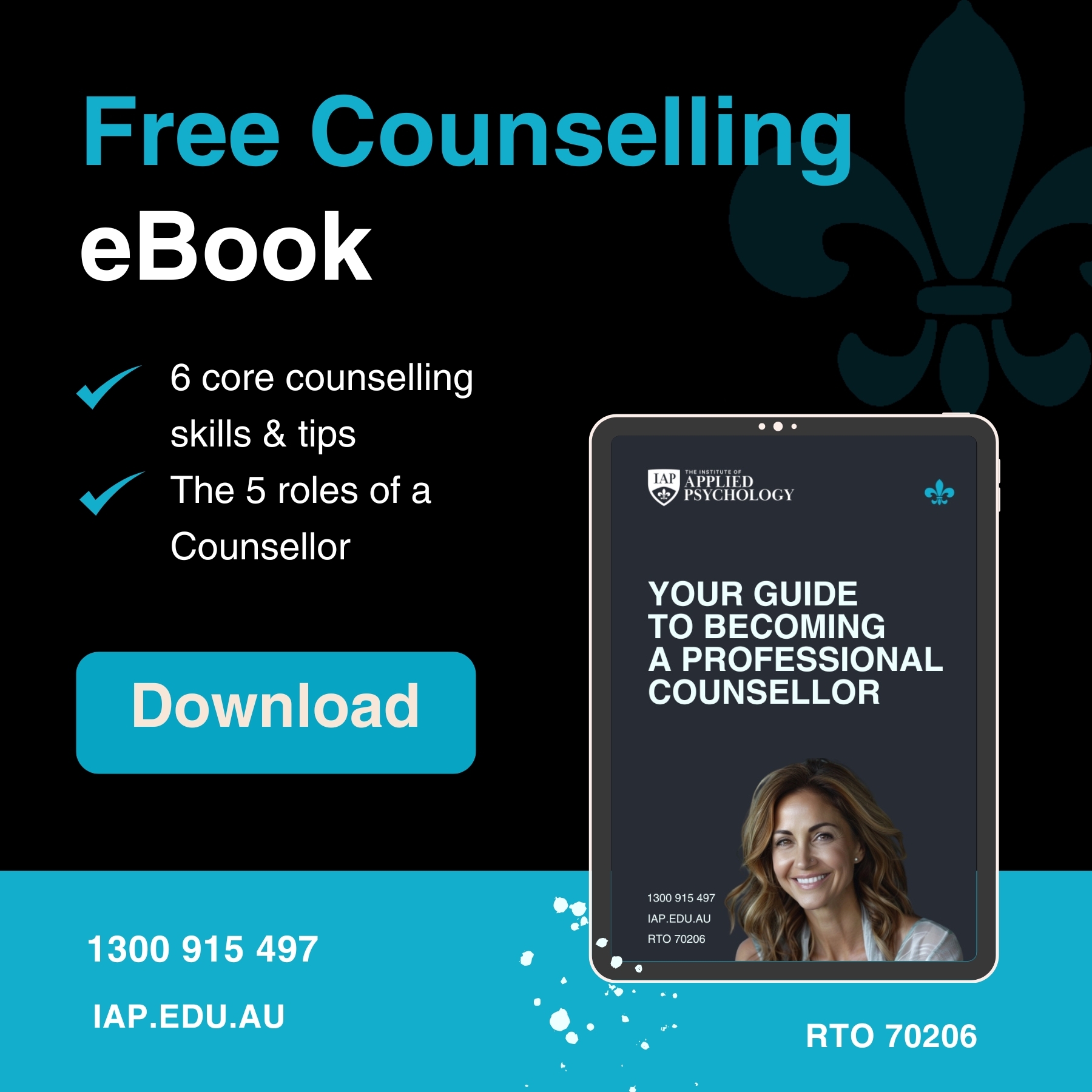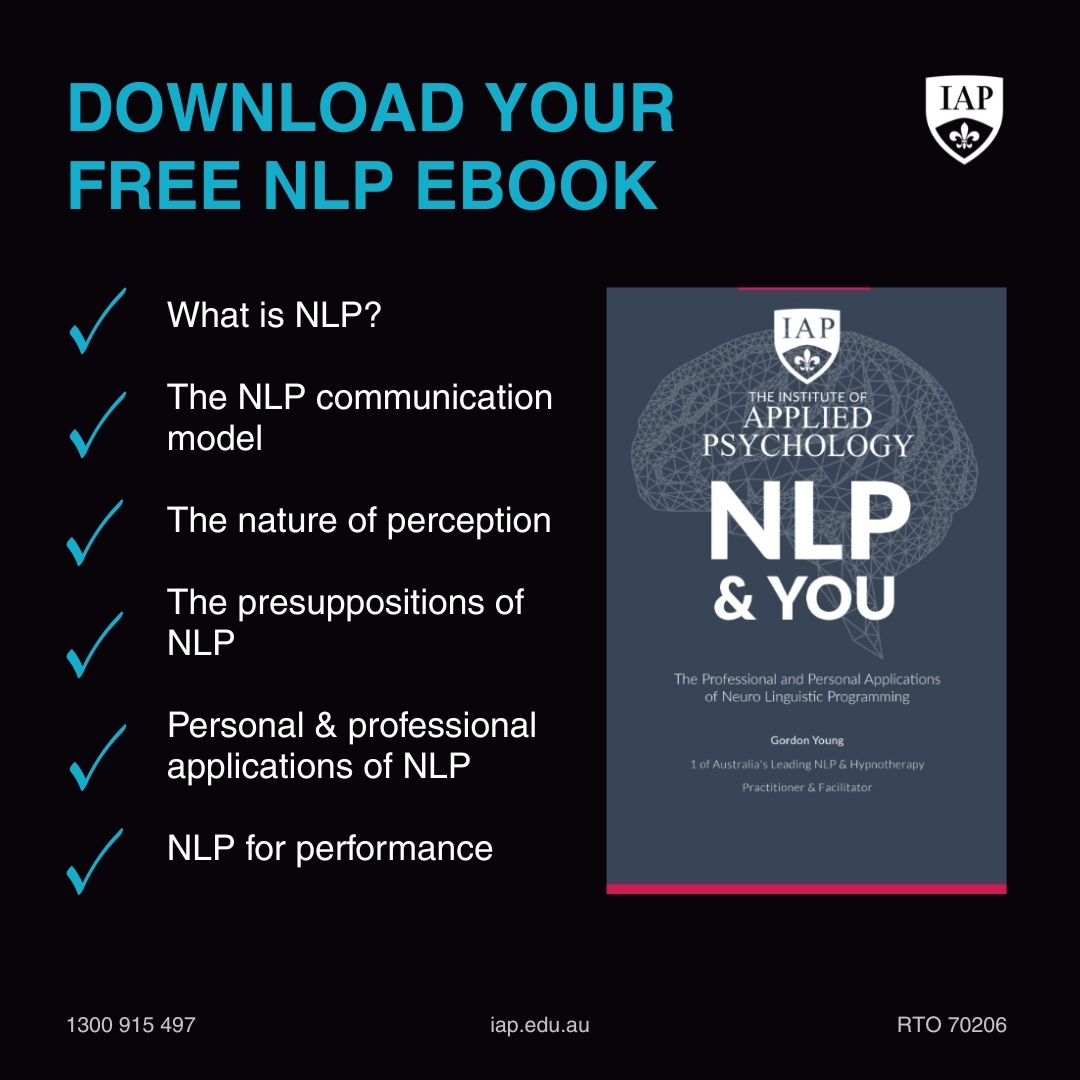5 Benefits of Unlocking Communication With Children and NLP Techniques
How to unlock Communication with NLP and Sleight of Mouth Techniques
Neuro-Linguistic Programming (NLP) is a powerful approach to communication, personal development, and psychotherapy that focuses on the connection between neurological processes, language, and behavioural patterns learned through experience. One of the fascinating techniques within NLP is the “Sleight of Mouth,” which involves using re-framing language patterns to shift perceptions and beliefs. This blog will delve into how NLP and sleight-of-mouth techniques can be effectively used when communicating with children and teenagers, offering practical examples and highlighting the benefits for both the child and the parent or teacher.
Understanding Neuro-Linguistic Programming (NLP)
NLP was developed in the 1970s by Richard Bandler and John Grinder. It is based on the idea that there is a connection between neurological processes, language, and behavioural patterns and that these can be changed to achieve specific goals. NLP provides tools and techniques for altering thoughts and behaviours to achieve desired outcomes, particularly useful in education, therapy, and personal development.
NLP Techniques for Children
Incorporating NLP techniques in child psychology and communication has shown remarkable benefits for both children and adults. NLP for children can enhance their emotional intelligence, boost self-confidence, and improve learning capabilities. By applying NLP communication skills, parents and educators can create a more supportive and understanding environment for children to thrive. The versatility of NLP techniques in psychology makes them particularly valuable in addressing various childhood challenges, from learning difficulties to behavioural issues.
For those interested in deepening their understanding of these powerful tools, pursuing an NLP Practitioner course or an NLP & Strategic Coaching Diploma can provide comprehensive training. These applied psychology courses offer in-depth knowledge of NLP techniques and their practical applications in child development. For professionals seeking to expand their expertise, an NLP Master Practitioner certification can further enhance their ability to positively impact children’s lives through advanced communication and psychological strategies. Whether you’re a parent, teacher, or child psychologist, integrating NLP into your approach can lead to more effective and transformative interactions with children, fostering their growth and well-being.
The Sleight of Mouth Technique
Sleight of Mouth is a set of verbal reframing patterns used to influence beliefs and perceptions. It involves responding to a statement in a way that shifts its meaning, thereby changing the emotional response associated with it. This technique is particularly useful in dealing with negative beliefs or limiting thoughts, making it a valuable tool for parents and teachers when communicating with children and teenagers.
Benefits of NLP and Sleight of Mouth in Communication with Children
- Enhances Understanding: Helps parents and teachers understand the child’s perspective and address their concerns more effectively.
- Builds Rapport: Establishes a stronger connection and trust between the child and the adult.
- Encourages Positive Thinking: Shifts negative beliefs and encourages a more positive and empowering mindset.
- Improves Behavior: Helps manage and improve behavioral issues by addressing underlying beliefs and emotions.
- Boosts Confidence: Encourages children to believe in their abilities and potential.
Here are 20 examples of how Sleight of Mouth can be used when talking to a child or teenager:
- Child: “I’m not good at math.” Parent: “What if being good at math just means you haven’t found the right way to learn it yet?”
- Teenager: “Nobody likes me.” Teacher: “Could it be that you haven’t met the right friends yet?”
- Child: “I’ll never get this right.” Parent: “Isn’t it amazing how much you can learn from trying new things?”
- Teenager: “School is boring.” Teacher: “What would make school more interesting for you?”
- Child: “I can’t do this.” Parent: “What if you could, and you just need to find a different way to try?”
- Teenager: “I’m always messing up.” Teacher: “What if making mistakes is just part of learning and getting better?”
- Child: “I hate this subject.” Parent: “What part of it could you find interesting if you gave it a chance?”
- Teenager: “I’ll never fit in.” Teacher: “What if fitting in means finding the people who appreciate you for who you are?”
- Child: “I’m stupid.” Parent: “What if being smart just means finding the things you’re passionate about?”
- Teenager: “There’s no point in trying.” Teacher: “What if trying is what leads you to discover something great?”
- Child: “I always lose.” Parent: “What if losing is just part of the process of becoming better?”
- Teenager: “I can’t talk to people.” Teacher: “What if you start with small steps and build your confidence over time?”
- Child: “Everyone else is better than me.” Parent: “What if everyone has their own strengths and you have yours too?”
- Teenager: “I’ll never be successful.” Teacher: “What if success looks different for everyone and you’re on your own path?”
- Child: “I don’t want to do this.” Parent: “What if doing this helps you get closer to something you really want?”
- Teenager: “I’m too shy.” Teacher: “What if being shy means you’re thoughtful and just need to find your own way to express yourself?”
- Child: “I give up.” Parent: “What if giving up is just taking a break before trying a new approach?”
- Teenager: “Nobody understands me.” Teacher: “What if understanding yourself is the first step to helping others understand you?”
- Child: “I don’t like trying new things.” Parent: “What if trying new things is how you find what you truly love?”
- Teenager: “I’m just not good enough.” Teacher: “What if being good enough is about being the best version of yourself?”
How NLP Can Be Used When Dealing with Children
NLP techniques, including Sleight of Mouth, can be instrumental in improving communication and understanding between adults and children. Here’s how:
- Building Rapport: By using mirroring and matching techniques, adults can create a sense of connection and trust with children, making them feel understood and valued.
- Positive Reinforcement: NLP encourages using positive language and reinforcement, which can help children develop a more positive self-image and outlook.
- Reframing: Reframing techniques help children see their challenges differently, reducing anxiety and fostering resilience.
- Anchoring: This technique involves associating a positive feeling or state with a specific trigger or action, which can help children manage their emotions and behaviours.
- Visualisation: Guided visualization exercises can help children set and achieve goals, improve their focus, and boost their confidence.
Learning NLP with IAP.edu.au
For those interested in mastering NLP and applying these techniques effectively, IAP.edu.au offer comprehensive NLP courses. Under the guidance of world-renowned trainer Gordon Young, students can gain a deep understanding of NLP and its practical applications. Here are five techniques you can learn with IAP.edu.au:
- Anchoring: Learn how to create positive associations that can help individuals manage their emotions and behaviours.
- Reframing: Master the art of shifting perspectives to change how experiences and challenges are perceived.
- Rapport Building: Develop skills to establish trust and connection with others quickly and effectively.
- Pattern Interrupts: Understand how to disrupt negative thought patterns and behaviours to create opportunities for positive change.
- Sleight of Mouth: Gain proficiency in subtly using verbal reframing patterns to influence beliefs and perceptions.
By studying these techniques, you will be equipped to communicate more effectively with children, helping them overcome challenges and develop a positive mindset.
The Impact on Children, Parents, and Teachers
For Children: NLP techniques help children develop a more positive and resilient mindset. Children can improve their self-esteem, academic performance, and social interactions by changing their perceptions and beliefs.
For Parents: NLP provides parents with tools to communicate more effectively with their children. Parents can build stronger, more supportive relationships by understanding their child’s perspective and using positive reinforcement.
For Teachers, NLP can help create a more positive and inclusive classroom environment. Teachers can help students overcome challenges and achieve their full potential by addressing negative beliefs and encouraging positive thinking.
Conclusion
Neuro-linguistic programming (NLP) and sleight-of-mouth techniques offer valuable tools for improving communication and understanding between adults and children. By subtly shifting perceptions and beliefs, these techniques can help children develop a more positive and resilient mindset, enhancing their overall well-being and success.
For parents and teachers, NLP provides effective strategies for building rapport, reinforcing positive behaviours, and fostering a supportive environment.
By incorporating NLP techniques into daily interactions, we can create more meaningful and impactful connections with the children in our lives, helping them navigate challenges and achieve their full potential. If you are passionate about learning NLP and using these techniques to make a difference, consider enrolling in a course at IAP.edu.au. Under the expert guidance of Gordon Young, you can master valuable NLP techniques and transform the way you communicate and connect with others.
If you want to learn about NLP and its positive impact on your personal and professional life, click here or call 1300 915 497.








